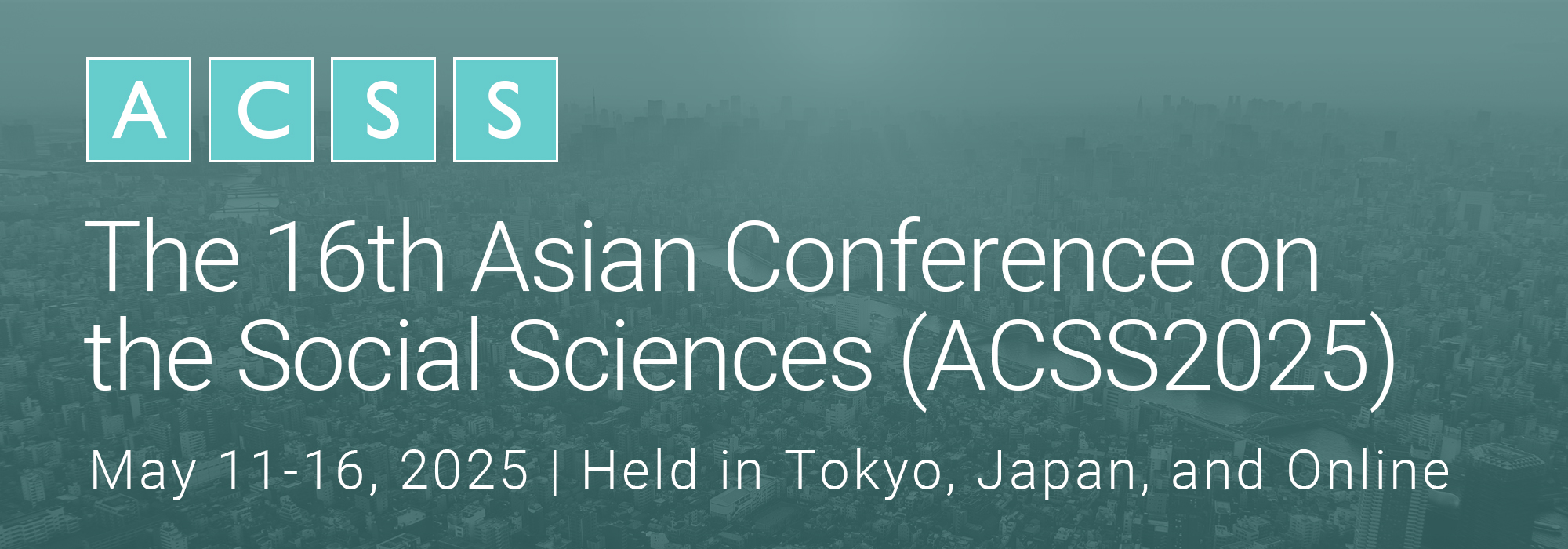Revolution, Reform, and Modernity: The Creation of a Tradition of Anti-Tradition (80576)
Session Chair: Yasuko Suga
Sunday, 26 May 2024 12:55
Session: Session 3
Room: Room 705
Presentation Type: Oral Presentation
After the industrialization and globalization conducted by European countries in recent centuries, the European model of capitalism began to prevail around the globe, marking a transition widely considered as the onset of the modern era. With the spread of globalization, numerous countries and their populations began to embrace what was termed “modernity” through various avenues, primarily through revolution or reform. People were influenced by the ideas of modernity in various ways, leading to the initiation of numerous movements or campaigns aimed at challenging traditional elements. However, this article argues that humanities have never truly entered the modern era, contending that the concept of modernity is paradoxical, as it simultaneously establishes a tradition of anti-tradition. This article conducts in-depth examinations of multiple revolutions and reforms from the past two centuries, including the Cultural Revolution (1966-1976) in China, the Meiji Restoration in Japan, and the Reform and Opening Up in China. The article explores the transition of people’s lifestyles and political ideologies towards progressive movements initiated by authorities and the defined traditional elements. This article demonstrates that the practices of anti-tradition in pursuit of modernity inevitably give rise to a “new” tradition, which discards all so-called “old” traditions as defined by authorities through political rhetoric. The article also argues that this paradoxical aspect of modernity is a commonality between revolution and reform in the so-called “modern era”, as both political movements are portrayed as creating something new by abandoning the old.
Authors:
Haoguang Li, Keio University, Japan
Songqi Han, The University of Tokyo, Japan
About the Presenter(s)
Mr Haoguang Li is a University Doctoral Student at Keio University in Japan
See this presentation on the full schedule – Sunday Schedule





Comments
Powered by WP LinkPress